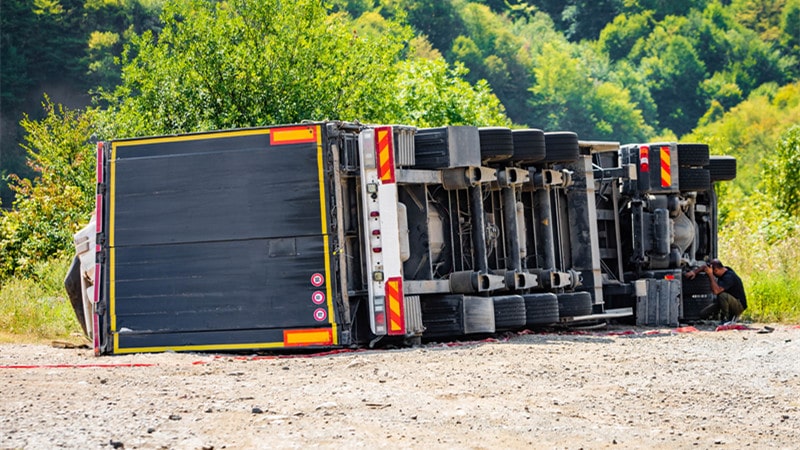What may appear to be a small leak on the ceiling coming from your attic or roof may soon evolve into a major problem due to the damage that it causes over time. In addition, rotting is brought on by water damage, which increases the likelihood of future leaks on the roof. Debris-filled gutters that have become clogged are one of the most common problems of leaky roofs.
Because of this, it’s crucial to understand how to react and what kind of measures you need to take. By assessing the damage on time, you can spare your budget from some pretty big financial hits. Here’s what to do in case your roof suffers from water damage due to damaged or clogged gutters.
Getting Professional Help
If your gutters seem to be clogged, and causing a leak in the roof, calling a reliable local gutter contractor is the first step you need to take. Simply searching “gutter companies near me” on Google will show you all the professionals available in your area. Going locally is your best bet because of many reasons. Besides being able to react quickly, they also know your area’s special requirements.
For example, they’ll be aware of the installation regulations to adhere to, the documentation needed, and any other information necessary to guarantee that your roof is fixed properly and in accordance with the laws of your state.
This is particularly true if your roof is leaking through during a severe storm. Following a significant storm, some out-of-state businesses enter the area, undercutting local roofing companies’ costs to gain the business before moving on to the next storm-affected town.
Soak Up The Water On Your Own
It’s time to take measures into your own hands while waiting on professionals. If you have a bucket or two lying around, now would be a good time to put them to use.
Put them in a position where they are right beneath the leak so that they collect the water as it pours in. If the water is leaking fast, you can grab a second bucket to use as a replacement for the first one when it has to be emptied.
You can use old towels or mops in order to try to soak up as much of the water as you possibly can. Turning on a fan may be beneficial since it will assist in circulating air around the space, which will help to dry up the room and avoid the growth of unpleasant mold.
Inhaling or ingesting mold spores can induce a variety of uncomfortable or even deadly symptoms in people, depending on the type of mold and whether or not it’s black mold. However, most types of mold, are not that dangerous.
Have A Roofing Contractor In Your Area Evaluate Your Roof
When your roof has a leak, you need to call a roofing contractor to inspect your whole roof. The first thing your local roofing contractor will do when they visit your house is assess your roof and evaluate how much damage has the water done.
To evaluate if the leak is isolated or has spread throughout the roof, they will examine your roof penetrations, your attic’s ventilation, and other important sections of your roof. They will inspect your roof to decide if you require a repair or a complete roof replacement.
Your roofing contractor can make repairs to extend the life of your roof if the leak has not resulted in roof failure. You will require a new roof in its entirety if your roof leak is the result of severe storm damage or roof failure.
Talk with Your Roofing Contractor About the Quote
Your contractor should schedule a meeting with you to go through the roofing estimate once they inspect the damage done. To ensure that you know precisely what you’re paying for, they should go through every line item in your quotation.
It’s always recommended to read all the details of your estimate. The fine print explains what is included in your repair or roof replacement and the evaluation. Additionally, you get the chance to ask any questions or concerns you have.
Final Thoughts
Water damage is a big issue. A cluttered gutter could result in unwanted leaks. If undisturbed, this can result in further damage that leads to mold, wood rot, and rot. And all of this is a vicious cycle that can be hard to break.
The only way to stop a leak before it can occur is to examine your gutters regularly and make sure they’re clear of debris or anything that may interfere with water flow. Also, ensure your roof has been thoroughly inspected for any leaks or issues that could be related to the damage to your gutters.


